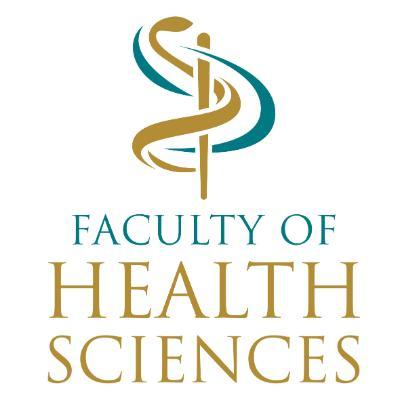RURAL HEALTH ADVOCACY PROJECT
|
The Rural Health Advocacy Project (RHAP) was established in 2009 as a partnership initiative between the Rural Doctors Association of Southern Africa (RuDASA), the Wits Centre for Rural Health (WCRH) and SECTION27. RHAP's work revolves around the constitutional right of rural and remote communities to have equitable access to quality health care. Informed by the voices of rural health care workers and communities on the ground, the RHAP aims to facilitate self-advocacy, generate debate, monitor implementation of health policies in rural areas, support pro-equity government interventions, and influence decision-making that is in tune with local rural realities. Central to our work is the Primary Health Care approach and the District Health System. In order to achieve our goals, the RHAP facilitates the building of a strong, goal-focussed advocacy platform for rural health based on research based evidence, civil society alliance building and effective engagement with policy makers. Reprioritising to regain momentum in the fight against TB World TB Day, marked globally on March 24, provides an opportunity to focus on the burden of TB and its devastating impact. Despite being preventable and treatable, TB remains one of the world’s leading causes of death and disability. According to the World Health Organisation’s Global TB Report, TB prevention and care was undermined by the COVID-19 pandemic, which resulted in increases to national TB rates. This trend was echoed in South Africa where for the first time in over a decade there was an increase in the number of TB deaths. In South Africa each year about 60 000 people die from this airborne disease. The country remains one of the 30 with the highest TB burdens across the world. The caseload accounts for 3.3% of the global TB cases. But two years after the COVID-19 pandemic, TB advocates in South Africa are now starting to think about what is needed to regain the losses from the COVID-19 pandemic and reach the goals of ending TB. In this regard, South Africa’s ongoing fight against TB is getting a much needed boost with the National TB Recovery Plan. The plan has identified four key evidence-based strategies to help recover TB elimination targets. As part of this, tomorrow sees the launch of The State of TB Report titled Shifting Priorities to Regain Momentum in the Fight. The report looks at the challenge of TB within South Africa’s complex health system to understand what is needed to help the country regain the ground it has lost. It tackles the problem from three critical areas of the health system: the data that exists around TB and what that data tells us, the financial elements around the TB programme in the country and the health workforce as a cog in the engine. The report is being launched by the TB Accountability Consortium - a new advocacy initiative to drive greater government accountability toward achieving country TB goals. Russell Rensburg, director of the Rural Health Advocacy Programme says: “Although South Africa has a robust TB policy environment, the implementation of programmes are weak and this hinders programme success. “We are building a TB Accountability Consortium to ask the hard questions that will lead to delivery of TB care to those who need it most,” said Rensburg. RHAP leads the secretariat of the TB Accountability Consortium, which brings together programme experts, researchers and civil society organisations to develop and implement a policy advocacy strategy to strengthen TB programme implementation and improve government accountability. RHAP focuses on four main areas:
Contact details: Russell Rensburg, Director RHAP Web:www.rhap.org.za |

